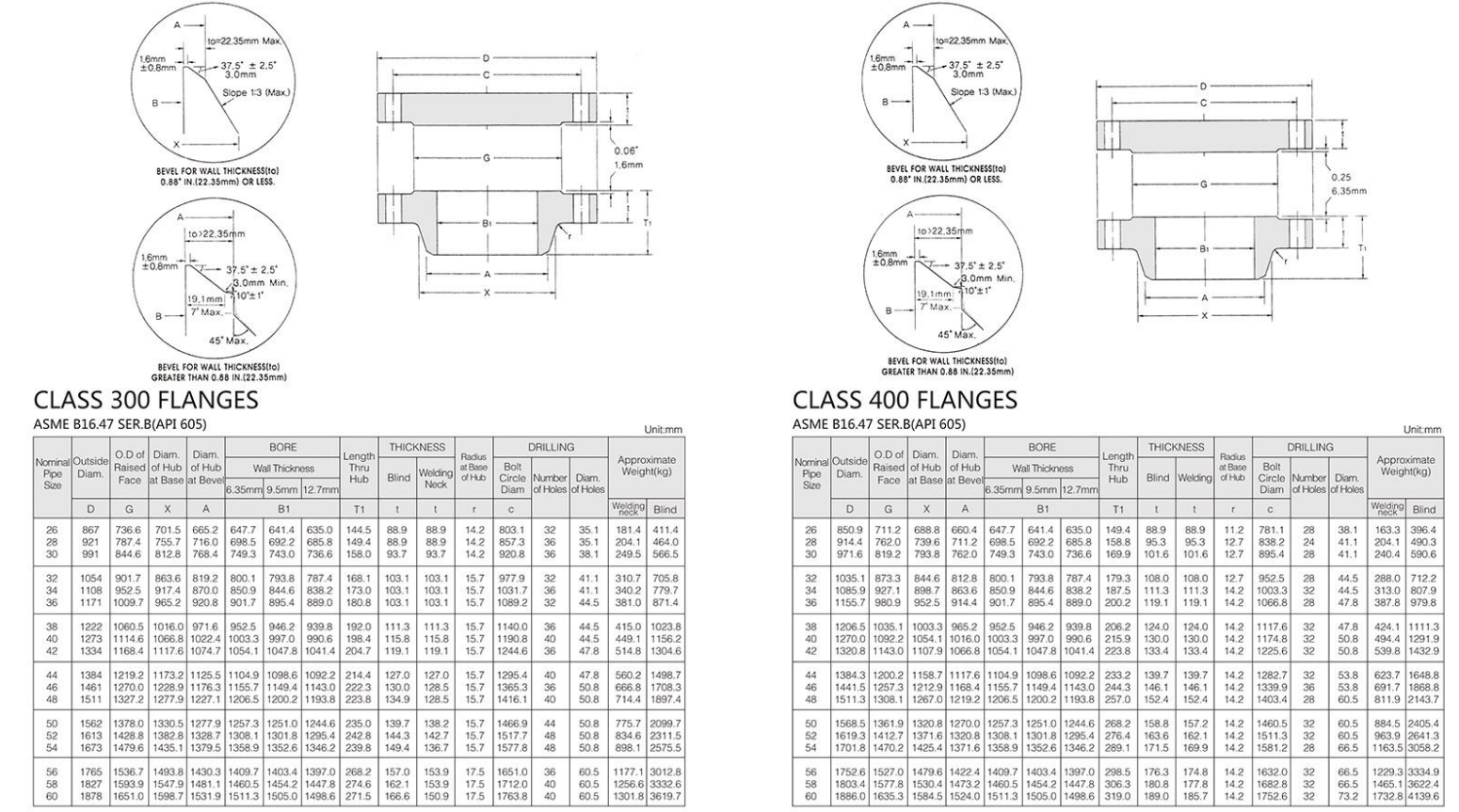-
Cangzhou Yulong Steel Co., Ltd.
-
Phone:
+86 13303177267 -
Email:
admin@ylsteelfittings.com
- English
- Arabic
- Italian
- Spanish
- Portuguese
- German
- kazakh
- Persian
- Greek
- French
- Russian
- Polish
- Thai
- Indonesian
- Vietnamese
- Zulu
- Korean
- Uzbek
- Hindi
- Serbian
- Malay
- Ukrainian
- Gujarati
- Haitian Creole
- hausa
- hawaiian
- Hebrew
- Miao
- Hungarian
- Icelandic
- igbo
- irish
- Japanese
- Javanese
- Kannada
- Khmer
- Rwandese
- Afrikaans
- Albanian
- Amharic
- Armenian
- Azerbaijani
- Basque
- Belarusian
- Bengali
- Bosnian
- Bulgarian
- Catalan
- Cebuano
- China
- China (Taiwan)
- Corsican
- Croatian
- Czech
- Danish
- Esperanto
- Estonian
- Finnish
- Frisian
- Galician
- Georgian
- Kurdish
- Kyrgyz
- Lao
- Latin
- Latvian
- Lithuanian
- Luxembourgish
- Macedonian
- Malgashi
- Malayalam
- Maltese
- Maori
- Marathi
- Mongolian
- Myanmar
- Nepali
- Norwegian
- Norwegian
- Occitan
- Pashto
- Dutch
- Punjabi
- Romanian
- Samoan
- Scottish Gaelic
- Sesotho
- Shona
- Sindhi
- Sinhala
- Slovak
- Slovenian
- Somali
- Sundanese
- Swahili
- Swedish
- Tagalog
- Tajik
- Tamil
- Tatar
- Telugu
- Turkish
- Turkmen
- Urdu
- Uighur
- Welsh
- Bantu
- Yiddish
- Yoruba

Aug . 17, 2024 19:28 Back to list
Leaking Metal Pipe Under Kitchen Sink Causes Water Damage and Needs Immediate Repair
Dealing with a Leaking Metal Pipe Under the Sink
A leaky metal pipe under your sink can be a source of frustration and inconvenience. Whether it’s a simple drip or a steady stream, it’s essential to address the issue promptly to prevent water damage and mold growth. In this article, we’ll explore common causes of leaks, how to diagnose the problem, and steps to fix it or know when to call a professional.
Common Causes of Leaks
Leaking pipes can occur for several reasons. Some of the most common causes include
1. Corrosion Over time, metal pipes can corrode due to exposure to water and air. This is especially true for older plumbing systems. Corrosion weakens the pipe, leading to leaks.
2. Loose Connections Joints and fittings can become loose over time due to temperature changes, vibrations, or improper installation.
3. Cracks and Holes Physical damage to pipes, whether from external pressure, impact, or even freezing temperatures, can result in cracks and holes that cause leaks.
4. Wear and Tear Pipes can deteriorate due to age, leading to thin spots and eventual leaks.
Diagnosing the Problem
Identifying the source of a leak can be relatively straightforward. Here are steps to help diagnose the problem
1. Inspect the Area Start by examining the area around the pipe. Look for signs of water pooling, damp spots, or water stains.
2. Check Connections Inspect all connections and fittings. If water is pooling around a joint, it may just be loose and can be tightened.
metal pipe under sink leaking

3. Feel for Moisture Sometimes, leaks may not be visible. Run your hand along the pipe and its joints to feel for dampness.
4. Listen for Dripping If the leak is minor, you might hear a dripping sound. This can help you pinpoint the exact location of the leak.
How to Fix a Leaking Metal Pipe
Once you have identified the source of the leak, you can follow these steps to address the issue
1. Turn Off the Water Supply Before working on any plumbing, ensure that you turn off the water supply to avoid further leaks and flooding.
2. Tighten Loose Connections Use a wrench to tighten any loose fittings. Be careful not to overtighten, as this can cause additional damage.
3. Seal Small Leaks For minor leaks, pipe joint compound or plumber’s tape can be used to seal small gaps. Clean the area and apply the tape or compound as directed.
4. Replace Damaged Sections If the pipe is severely corroded or cracked, cutting out the damaged section and replacing it with a new piece may be necessary. Ensure to use the correct size and type of pipe and fittings for your plumbing system.
5. Call a Professional If you’re unsure about the source of the leak or if the problem persists after your repair attempts, it may be best to contact a licensed plumber. They have the experience and tools to diagnose and fix more complex plumbing issues.
Conclusion
A leaking metal pipe under the sink can cause significant water damage if not addressed promptly. By understanding the common causes, diagnosing the problem, and knowing how to tackle straightforward repairs, you can effectively manage small plumbing issues. However, when in doubt, don’t hesitate to seek help from a professional to ensure a long-lasting solution and peace of mind. Regular maintenance and inspection of your plumbing can also help prevent future leaks and prolong the life of your pipes.
Latest news
-
ANSI 150P SS304 SO FLANGE
NewsFeb.14,2025
-
ASTM A333GR6 STEEL PIPE
NewsJan.20,2025
-
ANSI B16.5 WELDING NECK FLANGE
NewsJan.15,2026
-
ANSI B16.5 SLIP-ON FLANGE
NewsApr.19,2024
-
SABS 1123 FLANGE
NewsJan.15,2025
-
DIN86044 PLATE FLANGE
NewsApr.19,2024
-
DIN2527 BLIND FLANGE
NewsApr.12,2024
-
JIS B2311 Butt-Welding Fittings LR/SR 45°/90° /180°Seamless/Weld
NewsApr.23,2024











